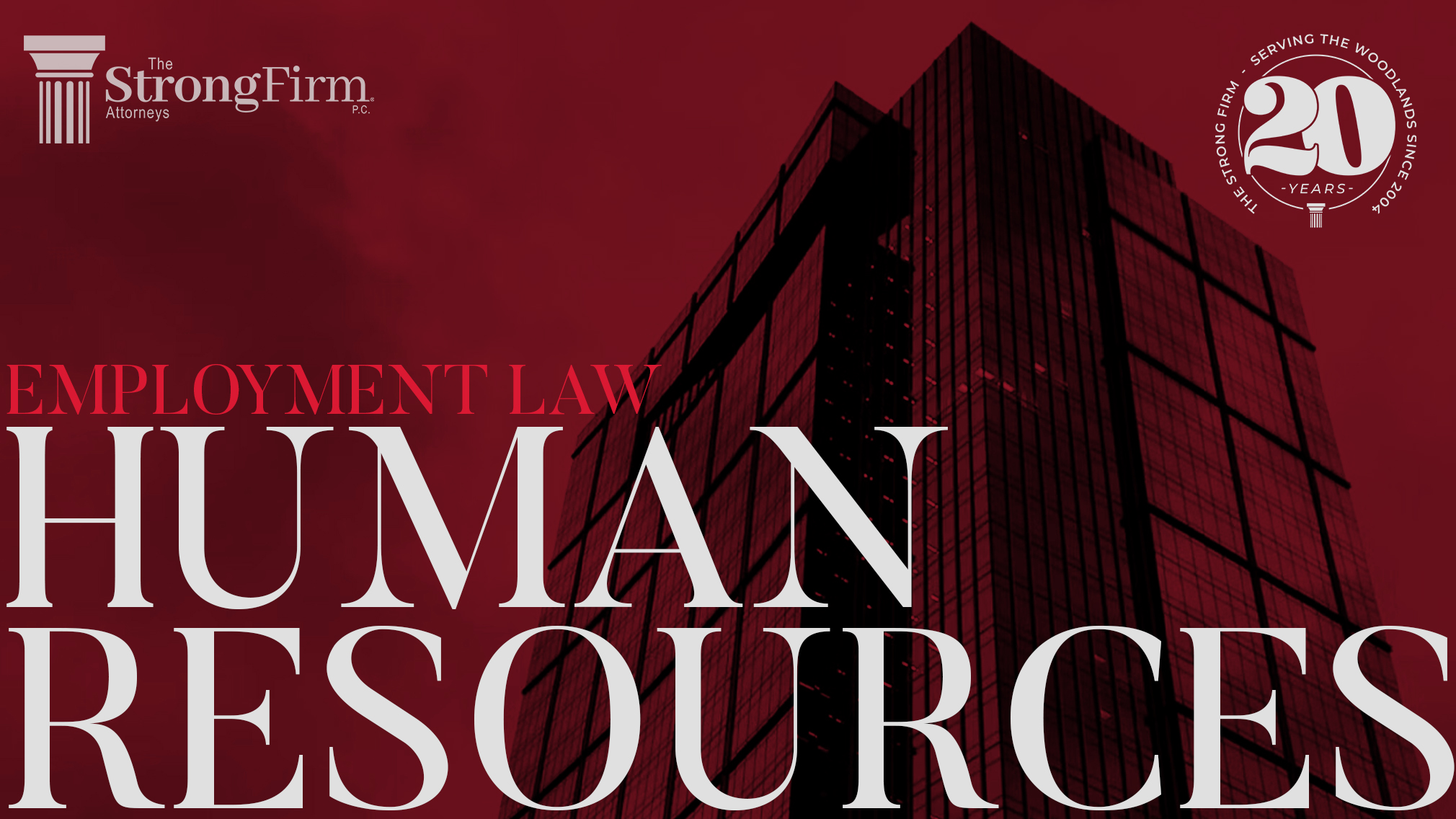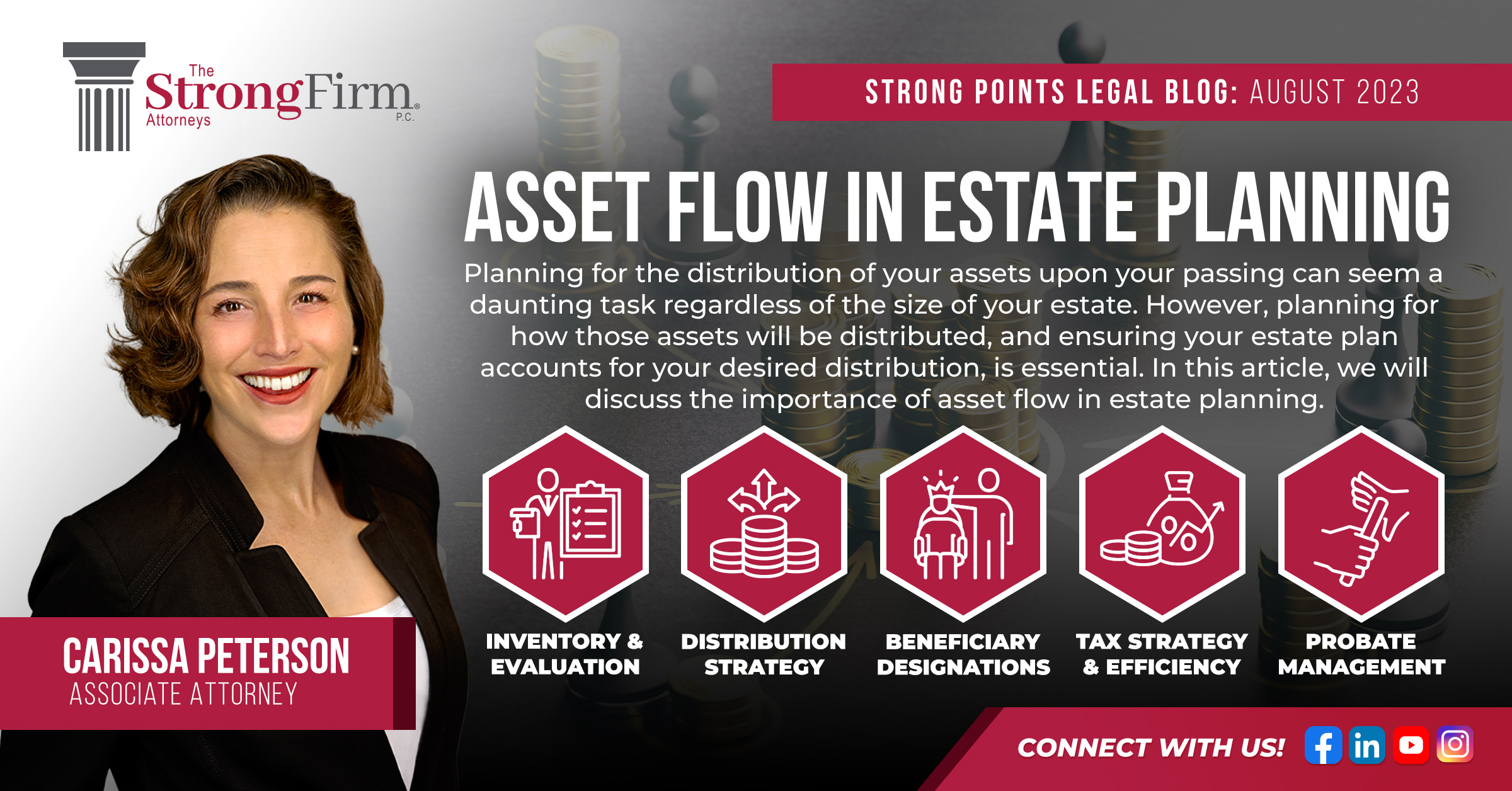In Part 3b of our series “The Components of a Business Purchase and Sale from the buyer’s and seller’s perspective” we will discuss both disadvantages and advantages of a stock sale from the buyer’s perspective. As previously discussed, in a stock sale or a membership interest sale (in this article both called a “stock sale”), the actual ownership of the company is what is being purchased not simply the assets of the business.
By purchasing the stock of the company, the buyer owns the company and the company owns all of the assets of the business. While this can make for a relatively “clean” and simple transaction, there are risks as well. In addition to the assets staying in possession of the company that was purchased, the debts and liabilities also come along with the company. This presents one of the biggest potential disadvantages of a stock sale from the buyer’s perspective, the debts and liabilities of the company, stay with the company.
A practical example of this is the scenario where: Buyer purchases the stock of company XYZ. There are no provisions made during the purchase of XYZ for claims against or liabilities of XYZ. Two months after the sale a customer of XYZ sues XYZ for a faulty product that caused injury one year prior to the sale. Though buyer only purchased XYZ two months ago and was not involved in the faulty XYZ product, the lawsuit is against XYZ and buyer now owns XYZ. While under this example, the buyer does not become personally liable for the claim against XYZ, the company is liable. Any losses that the company experiences could serve to decrease the value of the company, thereby negatively impacting buyer’s investment in XYZ. In addition to the company being liable for any claims against it, XYZ is also still responsible for any debts and liabilities that it had prior to the sale that were not extinguished contemporaneous to the sale. This could include any loans, lines of credit, contractual obligations, leases, claims, lawsuits, and employment contracts. Another potential disadvantage of a stock sale from a buyer’s perspective is the tax implications that a stock sale as opposed to an asset sale could have on the buyer.
Certain steps can be taken to minimize the buyer’s exposure in a stock sale, including : having any or a portion the debts of the company paid off or paid down with the closing proceeds, including seller indemnification provisions regarding liabilities and claims for act or omissions prior to the sale of the stock, and utilizing hold-back or escrow funds. With all of these methods, however, buyer’s counsel must still be careful to ensure that these strategies are sufficient to hedge against the buyer’s potential risk in a stock sale.
Though the disadvantages of a stock sale can be substantial from a buyer’s perspective, there are a few advantages, including: a generally “cleaner” and easier transaction and the company not having to assign many of its ongoing contracts in agreements to the buyer, unless those contracts have a change in control provision.
The Strong Firm attorneys have represented both buyers and sellers in asset and stock purchases with the goal of limiting our client’s exposure and liability regarding of the type of transaction utilized, and we would be glad to assist you as well.





























